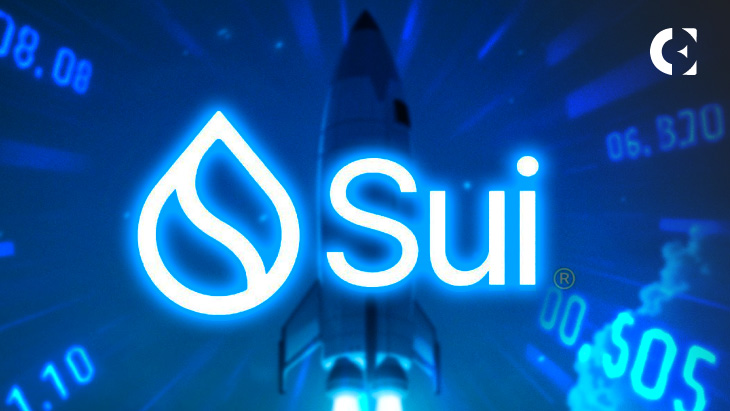- Sui blockchain rolled out a Whitelist function after the CETUS DEX hack, likely for fund recovery.
- This Sui Whitelist lets certain transactions bypass security, sparking a big decentralization debate.
- While it may help “rescue” stolen funds, critics point to Sui’s increased network control capability.
The Sui blockchain, native home to the recently hacked CETUS decentralized exchange (DEX), has urgently rolled out a new “Whitelist” function.
Users and analysts suspect this move is directly tied to preventing future exploits and, more immediately, aimed at getting targeted funds back from the CETUS incident.
Sui’s New Whitelist To Bypass Security Checks, Enable “Restore Module”
According to reports, Sui’s new Whitelist feature will allow specified transactions to skip standard security checks. It would also enable a “restore module” (system bottom-level privilege) and add the upgraded transaction to the Whitelist. This move may be in preparation for the subsequent return of hacker funds to the liquidity pools (LPs) affected by the CETUS hack.
A Sui community member studying the newly launched Whitelist highlighted his observations on how Sui plans to freeze stolen funds before returning them to their sources. He cited an existing function on the Sui protocol, which attaches a centralization feature to the blockchain. According to the community member, that is the only feature that allowed Sui to freeze the funds stolen from CETUS; otherwise, any other approach would have been too late.
Related: SUI/Cetus Hack Update: $160 Million Of Over $220 Million Stolen Crypto Is Now Frozen
The identified Sui community member analyzed the current situation. He highlighted the potential technicalities involved in recovering the stolen funds. The report exposed some of the internal workings of the Sui protocol, highlighting the extent of the node operators’ powers and how much control they have over the ecosystem.
Centralization Concerns Flare Up Over Sui’s Control Mechanisms
Although Sui’s latest move could protect ecosystem users and aid the recovery of the stolen funds, certain quarters of the blockchain industry are criticizing the approach, citing elements of centralization in a supposedly decentralized ecosystem.
Related: Sui Outperforms Major Chains with $48.4B DEX Volume in First Half of 2025
In the meantime, the analyst explained that the newly launched Whitelist would aid situations where funds may need to be returned to their sources. In such cases, the official can construct a specific “rescue transaction” in advance and put it into transaction_allow_list_skip_all_checks. That way, it can bypass all checks and execute them at one time, even after being locked by the blacklist.
Disclaimer: The information presented in this article is for informational and educational purposes only. The article does not constitute financial advice or advice of any kind. Coin Edition is not responsible for any losses incurred as a result of the utilization of content, products, or services mentioned. Readers are advised to exercise caution before taking any action related to the company.







